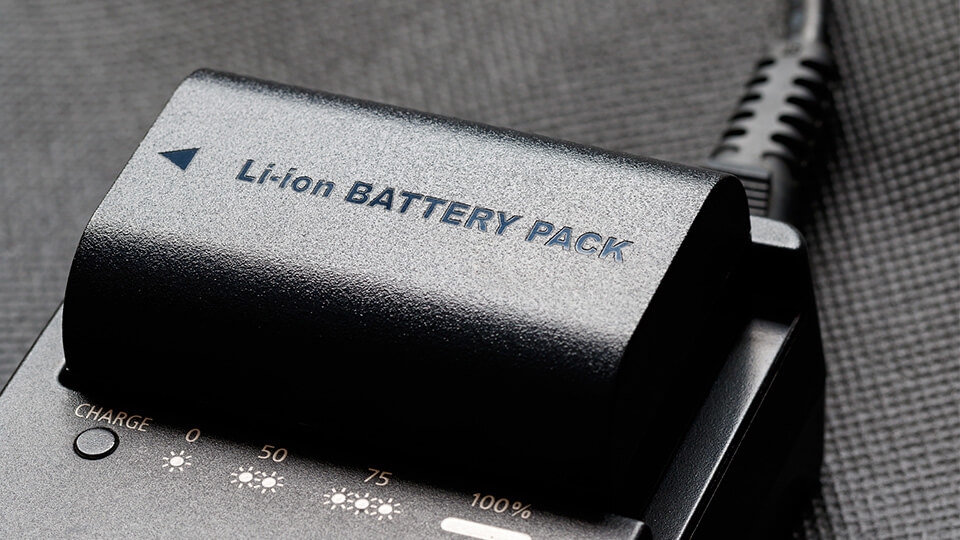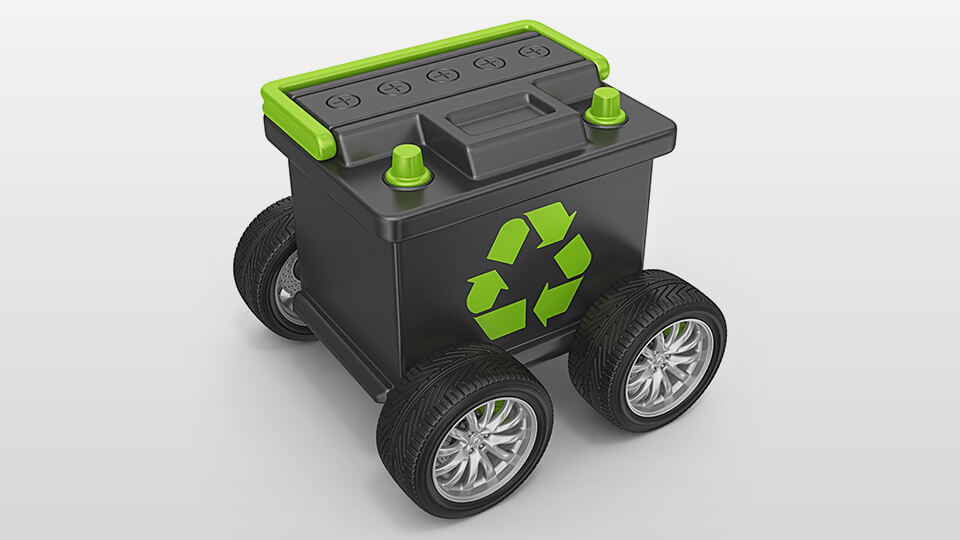A recent report from marketsandmarkets.com forecasts that the global battery recycling market will grow from US$8.1 billion in 2016 to US$11.83 billion by 2022, an annual growth rate of 6.5%.
Driving this growth is the increase in the number of batteries in use, and an expected tightening of environmental regulations by local and national governments.
While these figures suggest a steady and welcome increase in battery recycling volumes, that growth may not be enough to keep up with battery waste generation.
For example, Randell Environmental Consulting estimates that, between 2016 and 2036 and just in Australia, the volume of waste lithium ion batteries of all types (handheld, electric vehicle and grid storage) will grow at 20% per annum.
Ecocycle’s Business Development Manager Daryl Moyle views both sets of figures positively.
“Clearly there will be both increased need and greater demand for battery recycling, and these figures validate our decision to invest heavily in expanding our battery recycling capability,” he said.
Even so, Mr Moyle said we have a long way to go when it comes to recycling batteries.
Lead acid batteries, which already enjoy a high recycling rate, will account for the largest share of that increase in recycling.
Meanwhile, just 3% of handheld batteries are recycled in Australia. The rest go to landfill.
Evolving programs
Some states are taking action to prohibit disposal of electronic waste to landfill, but that may simply see waste shipped to other states that don’t have such bans in place.
Stemming the flow of batteries into landfill will therefore require the support of all players in the battery industry.
“The industry-backed Australian Battery Recycling Initiative (ABRI) is working to increase battery recycling, but we need more supermarkets, office suppliers and hardware chains to act as collection points to improve the convenience of battery recycling,” said Mr Moyle.
“Some councils are doing a good job on battery recycling, but others could be doing much more in this space.”
Mr Moyle also expects battery waste to become the target of a government-backed, industry-run product stewardship scheme, along the lines called for by ABRI CEO Libby Chaplain.
“Such a scheme would see more money available to support responsible recycling, promotion of collection programs and much greater public awareness,” he said.
Volume creates opportunities
The other area of evolution is the battery recycling technology itself.
As more batteries are returned for recycling the growing volumes will make it more economical to undertake a greater range of the recycling steps in Australia.
And that, Mr Moyle said, will create a significant number of new jobs.
Simplifying battery recycling
Ecocycle offers a range of recycling solutions for all types of batteries.
Whether your organisation is in the business of collecting batteries or generating battery waste, we can scale a battery collection program to your needs.
To find out more, give us a call on1300 32 62 92 or fill out the form below to discover the options available to you.





